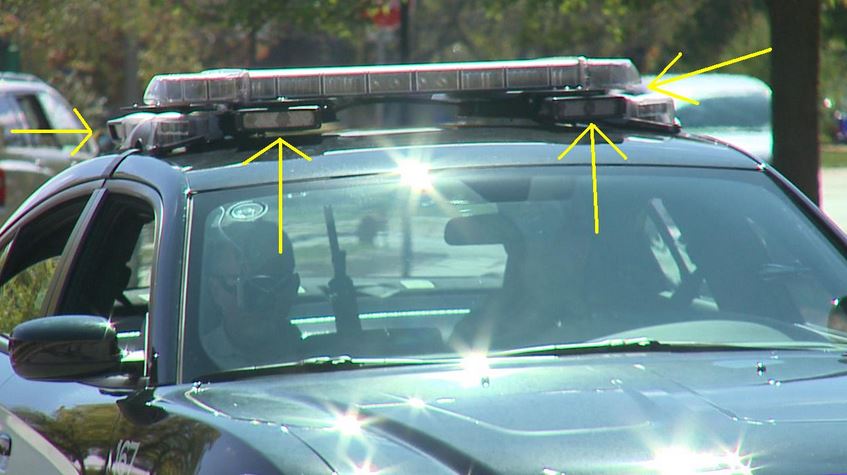A Montana bill that would limit the use of Automated License Plate Readers (ALPRs) in the state, and place significant roadblocks in the way of a federal program using states to help track the location of millions of everyday people through pictures of their license plates, passed an important House committee by a wide margin last week.
Rep. Daniel Zolnikov (R-Billings) sponsors House Bill 149 (HB149). The legislation would prohibit the use of ALPRs except for specified purposes, and would also place limitations on the retention and sharing of data gathered by license plate readers.
The House Judiciary Committee passed HB149 by a 16-3 vote last Tuesday.
Under the proposed law, law enforcement agencies would be allowed to use ALPRs for specified law enforcement purposes. These include identifying stolen vehicles, locating missing persons, locating vehicles involved in homicides or other major crimes, and “case-specific investigative surveillance.”
Any data collected by an ALPR could not be stored from more than 90 days without a preservation request or warrant. A preservation request would only be valid for one year and would have to be renewed for continuing data storage.
HB149 would prohibit and ALPR system from photographing, recording, or producing images of the occupants of a vehicle.
Passage of this bill would prevent the state from creating permanent databases using information collected by ALPRs, and would make it highly unlikely that such data would end up in federal databases.
IMPACT ON FEDERAL PROGRAMS
As reported in the Wall Street Journal, the federal government, via the Drug Enforcement Agency (DEA) tracks the location of millions of vehicles. They’ve engaged in this for over eight years, all without a warrant, or even public notice of the policy.
State and local law enforcement agencies operate most of these tracking systems, paid for by federal grant money. The DEA then taps into the local database to track the whereabouts of millions of people – for the simple act of driving – without having to operate a huge network itself.
Since a majority of federal license plate tracking data comes from state and local law enforcement, passage of this legislation would take a major step toward blocking that program from continuing in Montana. The feds can’t access data that doesn’t exist.
“No data means no federal license plate tracking program,” Tenth Amendment Center founder and executive director Michael Boldin said.
Law enforcement generally configures ALPRs to store the photograph, the license plate number, and the date, time, and location of vehicles. But according to newly disclosed records obtained by the ACLU via a Freedom of Information Act request, the DEA is also captures photographs of drivers and their passengers.
According to the ACLU:
One internal 2009 DEA communication stated clearly that the license plate program can provide “the requester” with images that “may include vehicle license plate numbers (front and/or rear), photos of visible vehicle occupants [redacted] and a front and rear overall view of the vehicle.” Clearly showing that occupant photos are not an occasional, accidental byproduct of the technology, but one that is intentionally being cultivated, a 2011 email states that the DEA’s system has the ability to store “up to 10 photos per vehicle transaction including 4 occupant photos.
With the FBI rolling out facial a nationwide recognition program last fall, and the federal government building biometric databases, the fact that the feds can potentially access stored photographs of drivers and passengers, along with detailed location data, magnifies the privacy concerns surrounding ALPRs.
How to Disappear Off the Grid Completely (Ad)
Passage of this legislation would represent a good first step toward putting a big dent in federal plans to continue location tracking, and expanding its facial recognition program. The less data the state makes available to the federal government, the less ability they have to track people in Montana, and elsewhere.
NEXT
HB149 will now move to the full House for further consideration.
Michael Maharrey [send him email] is the Communications Director for the Tenth Amendment Center, where this article first appeared. He proudly resides in the original home of the Principles of ’98 – Kentucky.See his blog archive here and his article archive here.He is the author of the book, Our Last Hope: Rediscovering the Lost Path to Liberty. You can visit his personal website at MichaelMaharrey.com and like him on Facebook HERE


Be the first to comment on "Montana Committee Passes Bill To Limit ALPR Use, Help Block National License Plate Tracking Program"